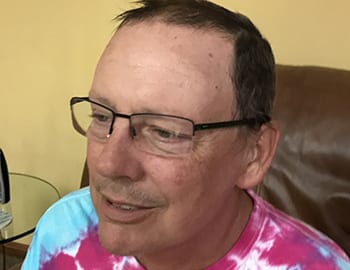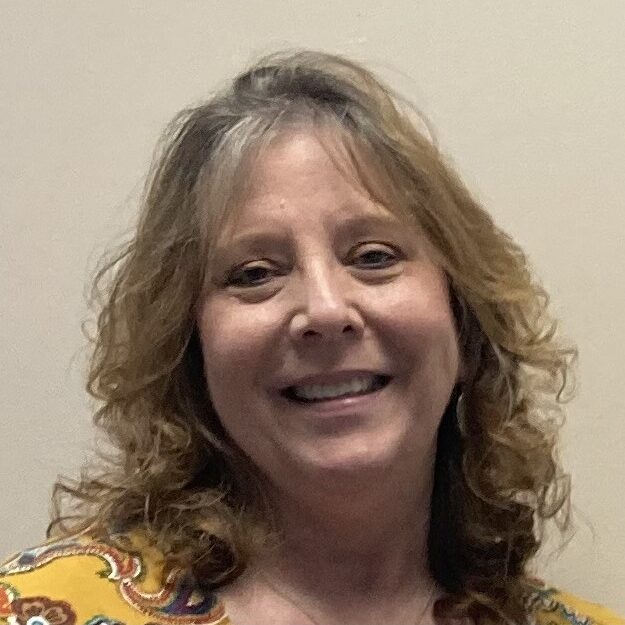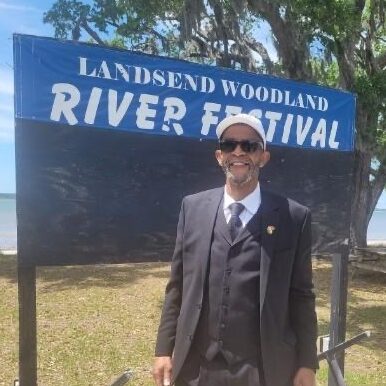
James G.
Lung Cancer
In May of 2016, James Gaines, then 56, went for a routine physical. Looking over James’ history of long-term smoking, the doctor recommended he go for a lung CT. A few days later, the doctor called to say they had found something on the scan – it is best to come in and have it biopsied. A short while later, James received his diagnosis: small-cell lung cancer.
James’ wife, Lisa, a respiratory therapist at a nearby hospital, immediately began searching for an oncologist and was told to call Dr. Mark A. Marinella.
“He was just about to leave for vacation,” remembers James, “so he had us come straight over, and met with us on his lunch hour. And during that first appointment, he escorted us to the radiology department and set us up with a radiation oncologist. We just marveled at how everything was happening so fast and in such an expedient fashion. I stood there wondering how this could be happening in a hospital setting. Only later on did I discover that the clinic was actually not part of the hospital – it was Dayton Physicians, a community oncology group operating out of the hospital.”
Between June and November, James received 30 targeted radiation treatments alongside five sessions of chemotherapy, followed by 10 additional treatments of low-dose targeted cranial radiation. Throughout this time, the advantages of being treated in a community clinic were highly apparent.
“As an example,” says James, “The radiation affected my esophagus, making it impossible to swallow, so I could barely eat or drink. On three separate occasions, I became extremely dehydrated and would have had to be admitted into the hospital, had Dayton Physicians not been there, each time, to hydrate me.”
Dayton Physicians also became a strong advocate for James when his insurance company turned its back on him. When they refused to authorize the pain medication prescribed by his oncologist, Dayton fought on his behalf until the insurance company conceded. And when the insurance company refused to authorize an experimental usage of an Alzheimer’s drug that his doctor thought might protect James’ brain during radiation, one of the clinic’s workers made it her mission to find him that medicine at the lowest cost possible. James eventually was able to purchase the full 30-month supply at one of Dayton Physician’s own in-house pharmacies – for $2.50.
Perhaps one of the most crucial advantages of Dayton Physicians was being able to have double doses of daily radiation. Only his proximity to the clinic allowed for this, and statistically, it increased James’ chances of survival.
Looking back, James says that one of the most special aspects of community oncology was building relationships with his care providers. “I didn’t understand how these people – from the check-in person at radiation to my hematologist to the oncology nurse – could work in these circumstances every day, and remain so cheerful and caring. When I asked them how they did it, I got the same answer from each one: ‘I do it because I love my job.’”




